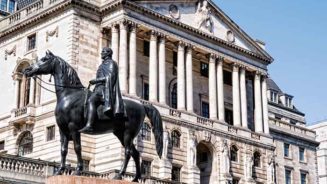Burden of proof
Davies adds that there is a “subtle rule of law being tested” about who has the burden to prove their case.
In his defence, Gulliver, who was paid £5.68m last year, justified his Hong Kong domicile by saying that it was where he would go when he retired and he planned to die there.
He contacted HMRC in 2002 about his return to the UK, explaining that he was on a specific assignment of only two years, after which he would return to Hong Kong. However, Gulliver has remained resident in the UK ever since and became HSBC chief executive in 2011.
“Stuart Gulliver is claiming that he obtained a domicile of choice in 2002, and that is only lost if he loses both his intention to live permanently in Hong Kong and ceases to live in Hong Kong.
“He has ceased to live there full time, but he is claiming he still has the intention to live in Hong Kong, so his domicile of choice ought to continue. If this is right then the burden of proof is on HMRC,” explained Davies.
HMRC is claiming that he never had the intention to live in Hong Kong permanently in 2002, as he lived there only a relatively short period of time and is still in the UK more than 10 years later, he adds.
“If this is right then the burden of proof is on Stuart Gulliver to prove the intention to live permanently in the Hong Kong,” said Davies.
Non-dom changes
The high-profile investigation comes just weeks before the UK government is set to introduce new legislation limiting the tax advantages of those who claim to be non UK-domiciled for tax purposes.
From 6 April 2017, the calculation used to determine when a non-dom living in the UK becomes deemed UK domiciled will reduce from 17 out of 20 years to 15 out of 20 years.
HMRC is also closing the inheritance tax (IHT) loopholes, traditionally used by non-doms to purchase property in the UK via an offshore company.




